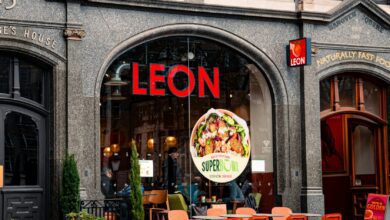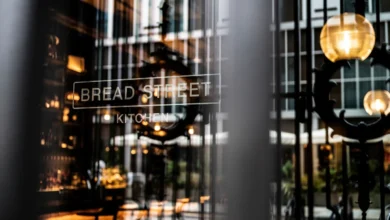New packaging rules risk ‘double penalty’ for hospitality, says UKH
It has also requested that the supply chain be allowed to calculate the proportion of packaging provided to hospitality customers

Register to get 1 free article
Reveal the article below by registering for our email newsletter.
Want unlimited access? View Plans
Already have an account? Sign in
UKHospitality has claimed that new packaging rules holding businesses responsible for the end-of-life consequences of packaging risks a “double penalty” for hospitality businesses.
It has stated that in many hospitality businesses, packaging deemed as household waste will actually never make it out of a venue and will be disposed of commercially.
As a result, UKH believes this will mean firms will be paying both a commercial waste fee and incurring an EPR charge.
UKH stated that Defra’s policy intends to have a single point of compliance for packaging and the ‘double counting’ of charges contradicts this intention.
In response to these proposed rules, the UK has sent a letter to Steve Reed, the Defra Secretary of State.
The body has called for the introduction of a clear and simple route for demonstrating packaging is non-household, and therefore exempt from EPR charges.
For example, beer or wine bottles sold to customers for consumption on premise but then collected and disposed of commercially.
It has also requested that the supply chain be allowed to calculate the proportion of packaging provided to hospitality customers.
Kate Nicholls, chief executive of UKHospitality, said: “At a time when hospitality businesses are facing rising costs in almost every area of their business, a double penalty of being incorrectly levied a EPR fee and paying for commercial waste disposal is the last thing the sector needs.
“We understand that tracking packaging is complex, but there needs to be a clear and simple route for both wholesalers and hospitality businesses to demonstrate when packaging is non-household.”
She added: “It’s unfair to expect hospitality businesses to pick up the bill twice, just because an issue is complicated. Empowering the supply chain to help provide data-driven solutions, as part of a simpler, clearer process, would be a sensible way to avoid double-charging, something Defra has acknowledged it wants to avoid.”







